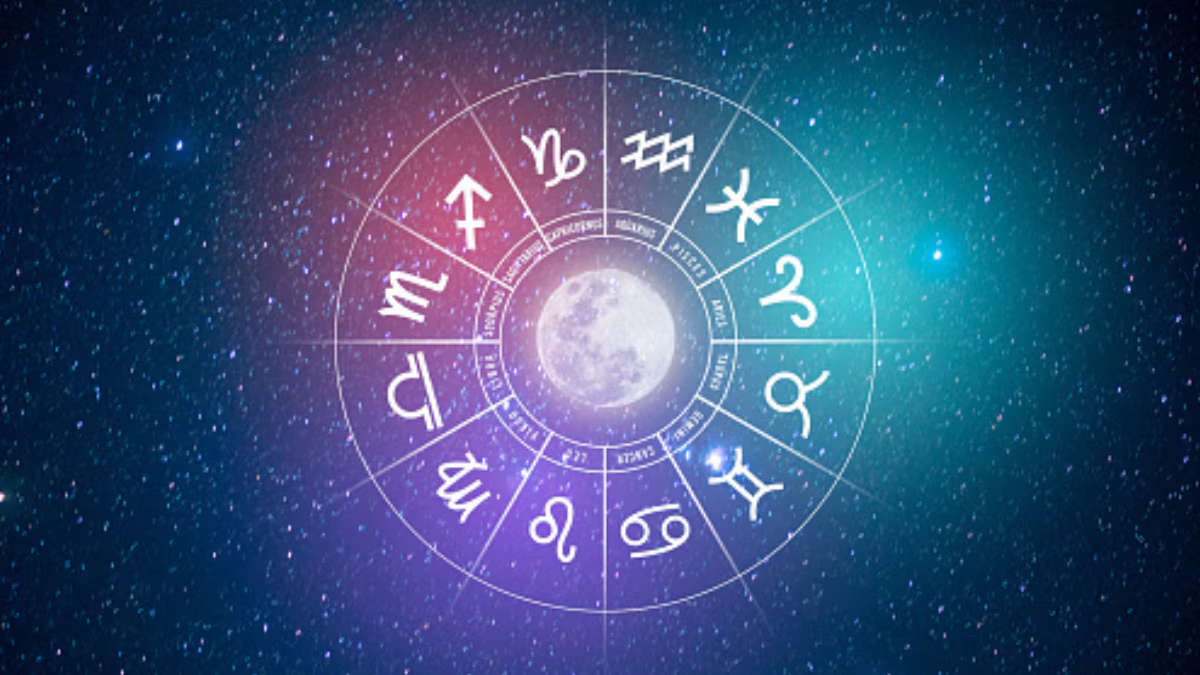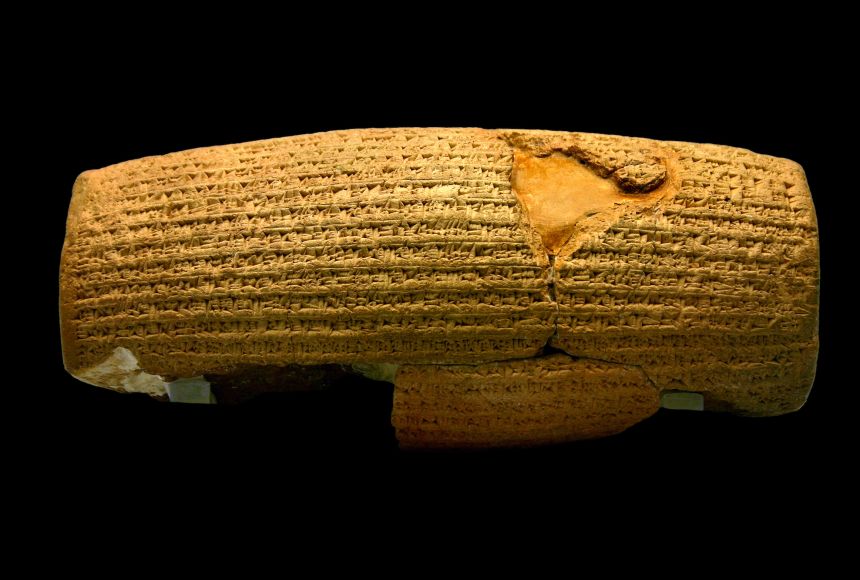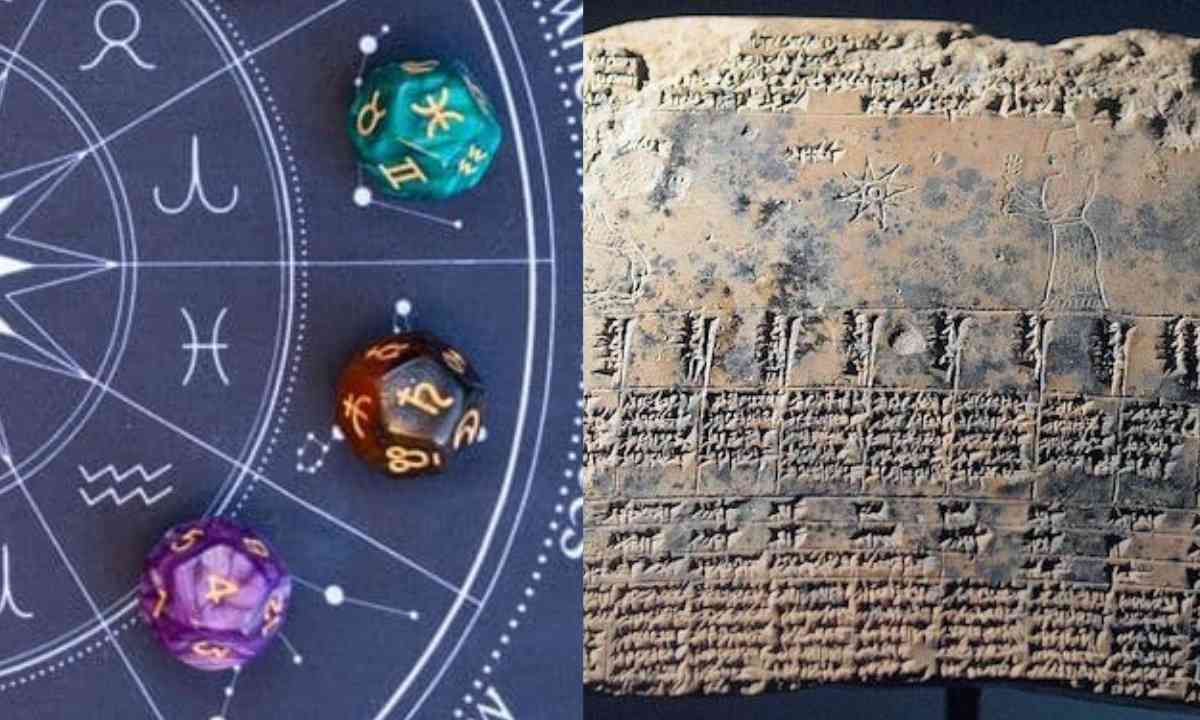Astrology, a field with deep historical roots, has fascinated civilizations for thousands of years. At the heart of this ancient practice are the zodiac signs, fundamental elements in astrological charts and predictions. The intriguing story of these signs dates back to ancient Babylon.
The origins of astrology signs trace back to ancient Mesopotamia, particularly Babylon, around the 5th century BCE. The Babylonians were pioneers in celestial observation, diligently recording the positions and movements of stars and planets. Their interest in the night sky went beyond scientific inquiry; it was deeply interwoven with their religious and cultural practices.

Early Star Catalogues
Babylonian scholars created some of the earliest star catalogues, crucial for tracking celestial positions. A notable contribution was the Enuma Anu Enlil, a series of cuneiform tablets that documented astronomical phenomena and their interpretations. These records provided detailed observations of celestial events and planetary motions and linked them to earthly occurrences.
The Emergence of the Zodiac

The concept of dividing the sky into distinct sections based on star patterns originated from Babylonian astronomy, leading to the creation of the zodiac signs. The Babylonians identified twelve key constellations along the ecliptic—the Sun’s apparent path across the sky. These constellations played a vital role in their astrological system, believed to influence human affairs.
The Babylonian zodiac was not static; it evolved as astronomical knowledge advanced. The influence of Babylonian astrology extended beyond Mesopotamia, shaping Greek and Roman astrological traditions. Greeks, through interactions with Mesopotamian scholars, adapted and expanded these ideas, incorporating them into their own astrological frameworks.
The Greek refinement of the Babylonian zodiac significantly shaped modern astrology. The zodiac signs, as known today, were formalized during this period and continued to evolve through Roman and medieval times. The legacy of Babylonian astrology endures, with zodiac signs remaining a central feature of contemporary astrology, captivating and guiding people worldwide.
Babylonian star catalogues and their meticulous celestial observations laid the foundation for future astrological systems. Their contributions underscore the enduring human fascination with the stars and our quest to understand our place in the universe.
How Ancient Babylonian Signs Continue to Influence Modern Astrology

The interpretation of celestial signs from ancient Babylon has endured through the ages, and according to researcher Ossendrijver, the Babylonians believed that the stars and celestial events were divine messages intended for humanity. The positioning of planets at a child's birth was thought to reveal insights about their future, with astrology serving as a tool to decode these divine messages.
The lasting success of horoscopy, or astrological forecasting, raises intriguing questions. How did Babylonian astral science not only spread across the ancient world and into the Roman Empire but also integrate into Judaism, Christianity, and Islam? Why does it continue to captivate people today, leading them to consult their horoscopes for guidance on love, work, and other life aspects? Ossendrijver suggests that horoscopy resonates with a fundamental human desire: the need to uncover what the future holds.
In addition to this innate curiosity, the abstract nature of astrology based on numbers and constellations makes it universally accessible. It transcends language, culture, and historical context, allowing it to be easily understood and adapted across civilizations.
Researchers are only beginning to explore the depth of this ancient science. The Institute for the History of Knowledge in the Ancient World, led by Professor J. Cale Johnson, has recently commenced its work. As their studies progress, one thing remains clear: the enduring influence of Babylonian astrology is, quite literally, written in the stars.
With inputs from agencies
Image Source: Multiple agencies
© Copyright 2024. All Rights Reserved Powered by Vygr Media.



















